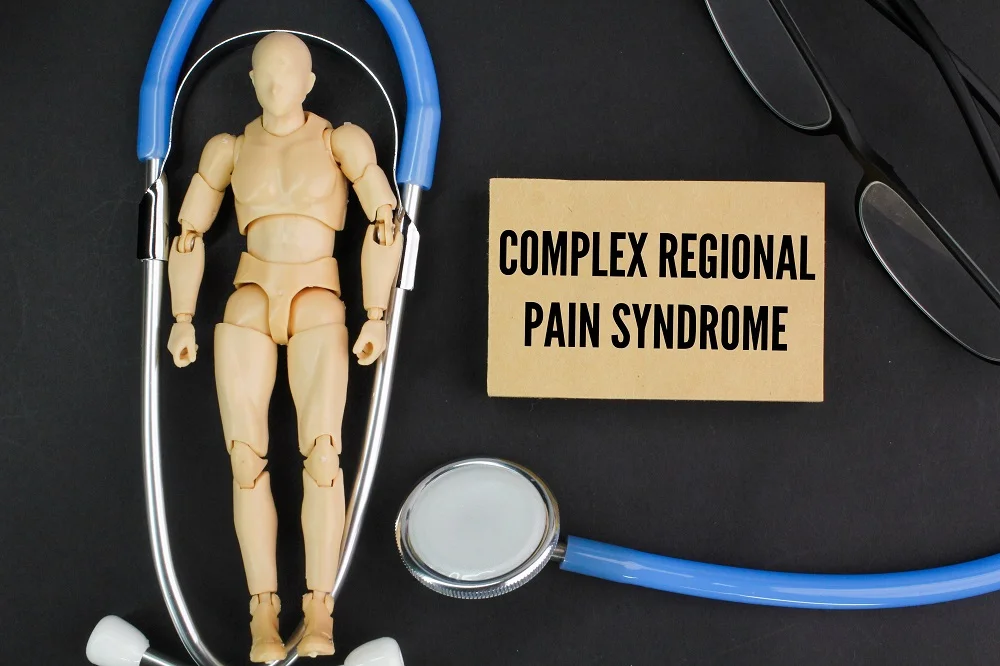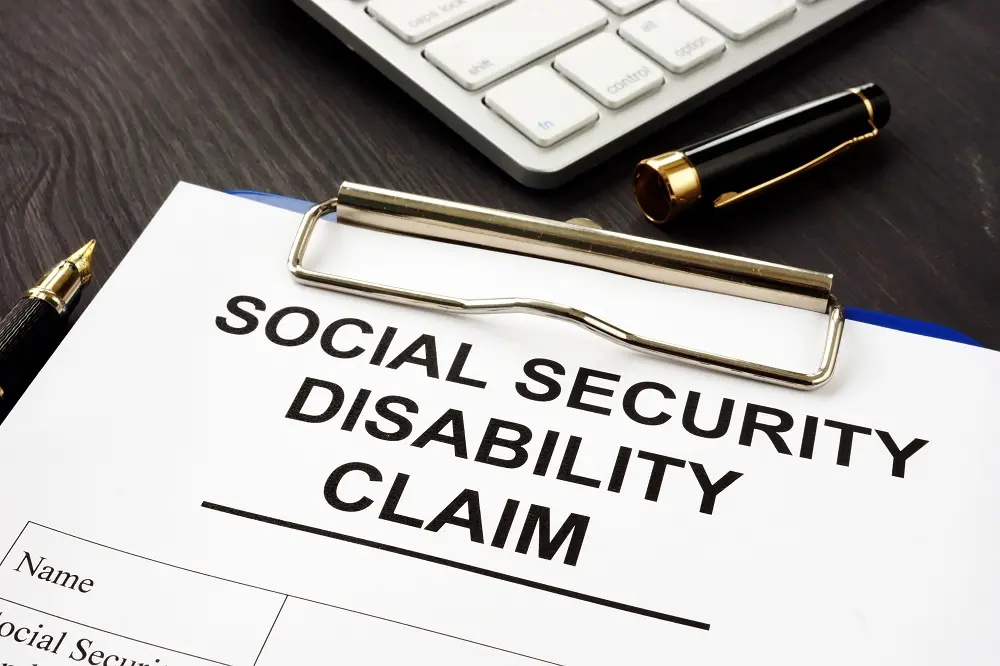When you suffer injury or illness that forces you out of your job, you may be faced with financial hardship, loss of enjoyment of life, and many decisions that will dictate the stability of your future. While all of this can be frightening, emotional, and difficult to cope with, there are always options.
If you were injured at work, there are several avenues to continue receiving partial wages and government financial support through benefit programs offered by the Social Security Administration. The application process for these programs may take some time, but can be moved along with experienced legal representation.
If you have questions about your condition, whether you qualify for government relief, and how much you stand to gain, contact the Law Office of John J. Sheehan at (617) 925-6407. Our dedicated Boston disability attorneys can offer you a free first-time case evaluation.
What are Disability Benefits in Massachusetts?
If you suffered an injury or illness that prevents you from earning a living income, you may apply to the federal government’s Social Security Disability Insurance program, or SSDI for short. This is the second most popular function of the Social Security Administration (SSA), next to distributions of Social Security Income (SSI). SSI and SSDI both may benefit individuals who are disabled and unable to work, but SSDI in particular has a focus on individuals with an established work history. In other words, to obtain SSDI, you must have previously been working but sustained injury or illness that prevents you from working in the same capacity going forward.
Qualifying for SSDI in Massachusetts
In Massachusetts, the grounds for obtaining SSDI are no different than the rest of the country. The SSA uses a list of 14 types of impairments that may qualify for SSDI coverage, provided that the condition affects the applicant in such a severe and debilitating way that they are prevented from working full-time to sustain a living. These 14 categories are listed below:
- Musculoskeletal Disorders
- Special Senses and Speech
- Respiratory Disorders
- Cardiovascular System
- Digestive System
- Genitourinary Disorders
- Hematological Disorders
- Skin Disorders
- Endocrine Disorders
- Congenital Disorders (affecting multiple body systems)
- Neurological Disorders
- Mental Disorders
- Cancer
- Immune System Disorders
If you are not sure whether your condition falls under one of these categories, reach out to a knowledgeable Malden personal injury attorney for help assessing your claim.
Process of Filing for Disability in Massachusetts
To formally apply for benefits from SSDI, you must either fill out an application or contact your local SSA office. Once the SSA representative sees that all the relevant information is included and the application is ready to review, they will send it to one of two Disability Determination Services (DDS) offices, a state-run agency that operates under the Massachusetts Rehabilitation Commission. The contact information of these offices is listed below.
DDS Office Location #1:
110 Chauncy Street
Boston, MA 02111
(617) 727-1600
DDS Office Location #2:
340 Main St., Suite 500
Worcester, MA 01608
(508) 752-5001
To succeed in your application, you will need approval from either the DDS reviewer or a hearing with an Administrative Law Judge (ALJ). Both of these processes take roughly 14 months in Massachusetts. However, if your situation clearly meets the criteria for disability benefits under SSDI, you may be able to obtain an “On the Record” (OTR) review from an ALJ that can bypass the wait required for a hearing.
Getting an OTR review is not easy. In most cases, the applicant must specifically request an OTR review. The request should include the full medical record and a brief statement of why you should qualify for SSDI benefits. OTR requests are more likely to be approved when submitted with the help of an experienced Massachusetts disability lawyer.
If you are not successful in your OTR, you can still obtain disability benefits through a formal hearing. You will receive backpay for the time that you spent waiting on your approval. However, OTRs are the best way to get the money that you need when you need it.
Workers’ Compensation Versus SSDI: What’s the Difference?
Workers’ compensation is a type of insurance that most employers in the state of Massachusetts are required to carry by law to protect their workers in the event of an injury. In order to claim workers’ compensation benefits, an injured employee must timely notify their employer of the injury, and may be required to visit a “preferred provider” per the terms of the insurance company. This insurance program will provide benefits for those who are disabled for five or more days and unable to work during that time period.
SSDI, on the other hand, is a more permanent benefits allocation system for those who have become disabled for a year or more and are unable to work. This type of program may also provide benefits for eligible family members or dependents, particularly if the injured or ill worker was the primary breadwinner in the home. According to a resource site, SSDI is not a need-based program and is based upon your contribution to your own Social Security over the years.
Many people question whether they are entitled to receive workers’ compensation benefits in addition to their SSDI benefits. The short answer is yes. The longer answer requires an understanding that you are not entitled to more than 80% of your earnings before you became disabled. that is, between workers’ compensation insurance payouts and SSDI benefits, you cannot be receiving an amount greater than 80% of the average amount you were making before you became injured or ill. it is the SSDI benefits that will decrease, should the amount recovered between the two benefits exceed 80%.
Our Massachusetts Disability Attorneys Can Answer Your SSDI Questions Today
To get a free initial case assessment on your disability and right to government benefits, reach out to the dedicated Massachusetts disability lawyers at the Law Office of John J. Sheehan by calling (617) 925-6407.
Tell us your story We’ll Handle the Rest
You deserve to move forward. Let’s work together and build your case for maximum compensation. Speak with a member of our team today.


John J. Sheehan
Managing Attorney
Attorney Sheehan is fluent in Spanish and is privileged to represent many clients from the Latin American community in the Greater Boston area.
Tell us your story We’ll Handle the Rest
You deserve to move forward. Let’s work together and build your case for maximum compensation. Speak with a member of our team today.




















































